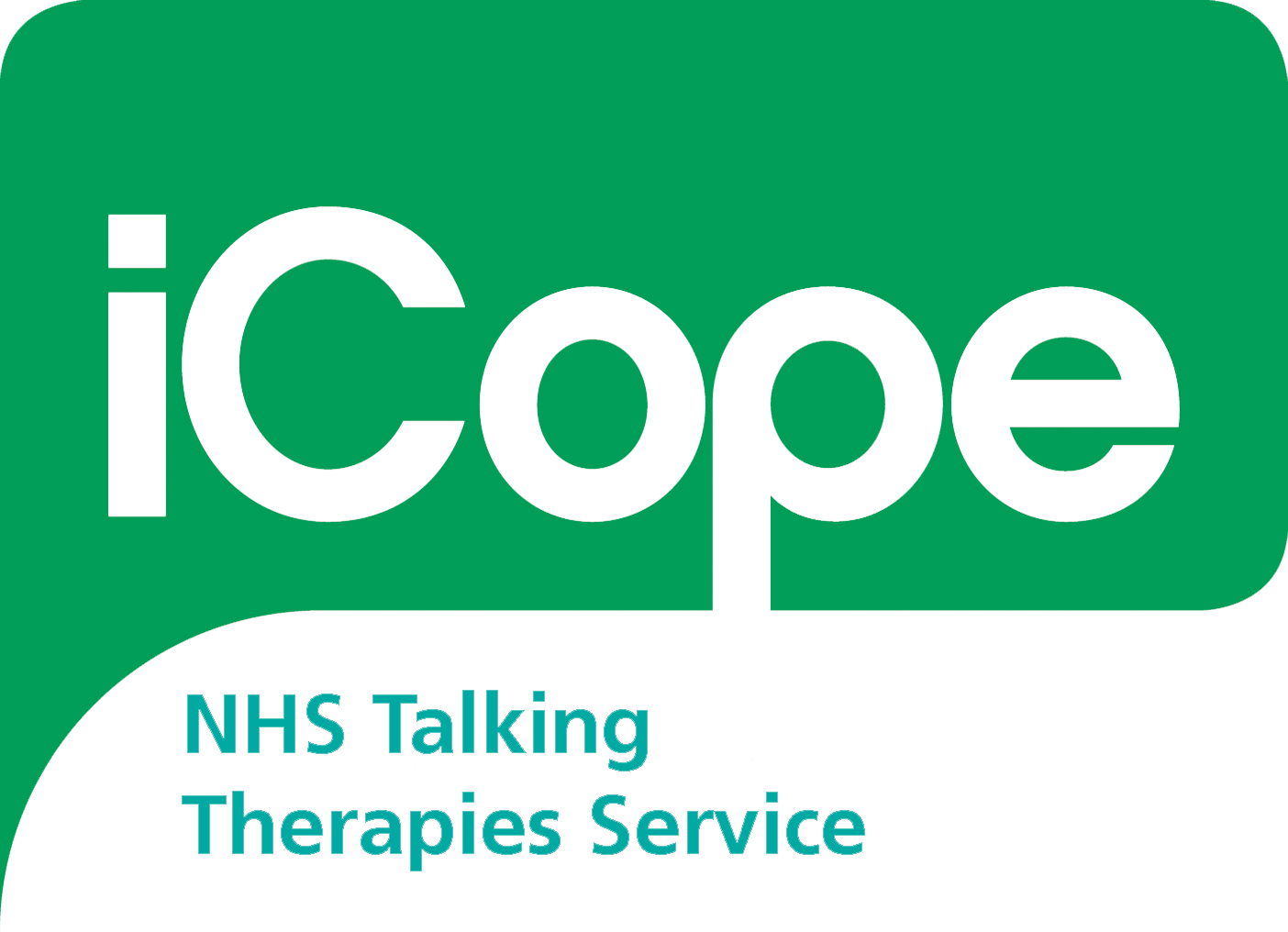If you would like to know more about guided self help or Psychological Therapy, please contact us.
Self-help options
If you are affected by stress or adjustment disorder, there are many ways that you can ease the impact of stress or anxiety yourself. Some techniques can help you to deal with stressful situations better and reduce overall stress/anxiety levels.
Exercise: regular exercise, particularly aerobic exercise, will help you combat stress and release tension. It also encourages your brain to release the chemical serotonin, which can improve your mood. Aim to do a minimum of 150 minutes of moderate exercise a week. Moderate exercise should make you feel slightly out of breath and tired. Going for a brisk walk is a good example.
Relaxation and controlled breathing: as well as getting regular exercise, learning how to relax is important. You may find relaxation and breathing exercises helpful, or you may prefer activities such as yoga or pilates to help you unwind.
Diet: changing your diet may help ease your symptoms. Too much caffeine can make you more anxious than normal. This is because caffeine can disrupt your sleep and also speed up your heartbeat. If you are tired, you are less likely to be able to control your anxious feelings.
Smoking and drinking: smoking and alcohol have been shown to make feelings of anxiety worse. Drink alcohol in moderation and, if you smoke, try to give up. The NHS provides free support to people who would like to stop smoking.
Support groups for stress and adjustment disorder: these are also a good way to meet other people with similar experiences. Support groups often involve face-to-face meetings where you can talk about your difficulties and problems with other people. Many support groups also provide support and guidance over the phone or in writing. Ask your GP about local support groups in your area, look up online emotional support services near you. or check the International Stress Management Association.
Understanding your stress and anxiety: some people find that reading about stress and anxiety can help them deal with their condition. There are many books based on the principles of cognitive behavioural therapy (CBT). These may help you understand your psychological problems better and learn ways to overcome them by changing your behaviour.




